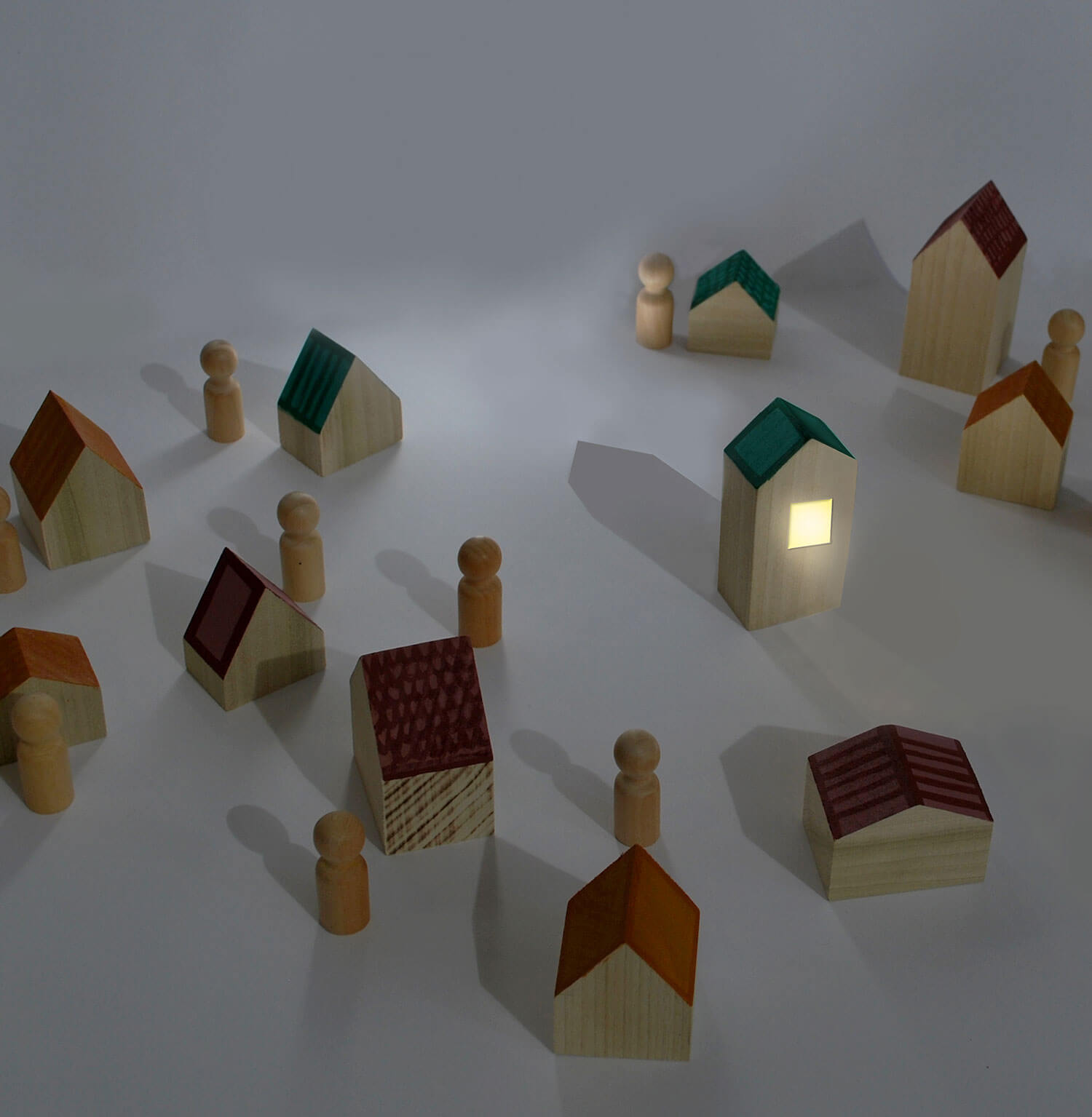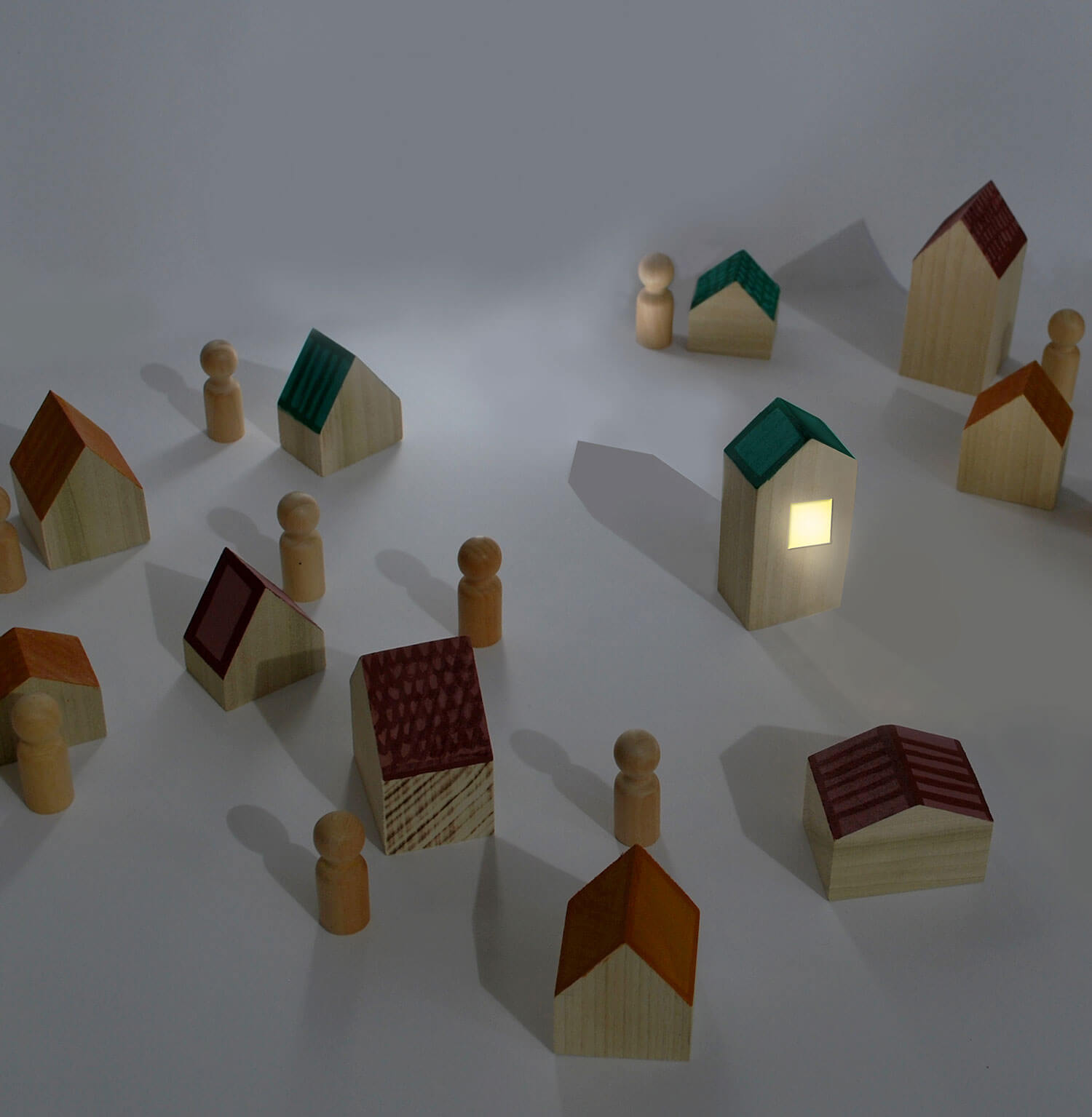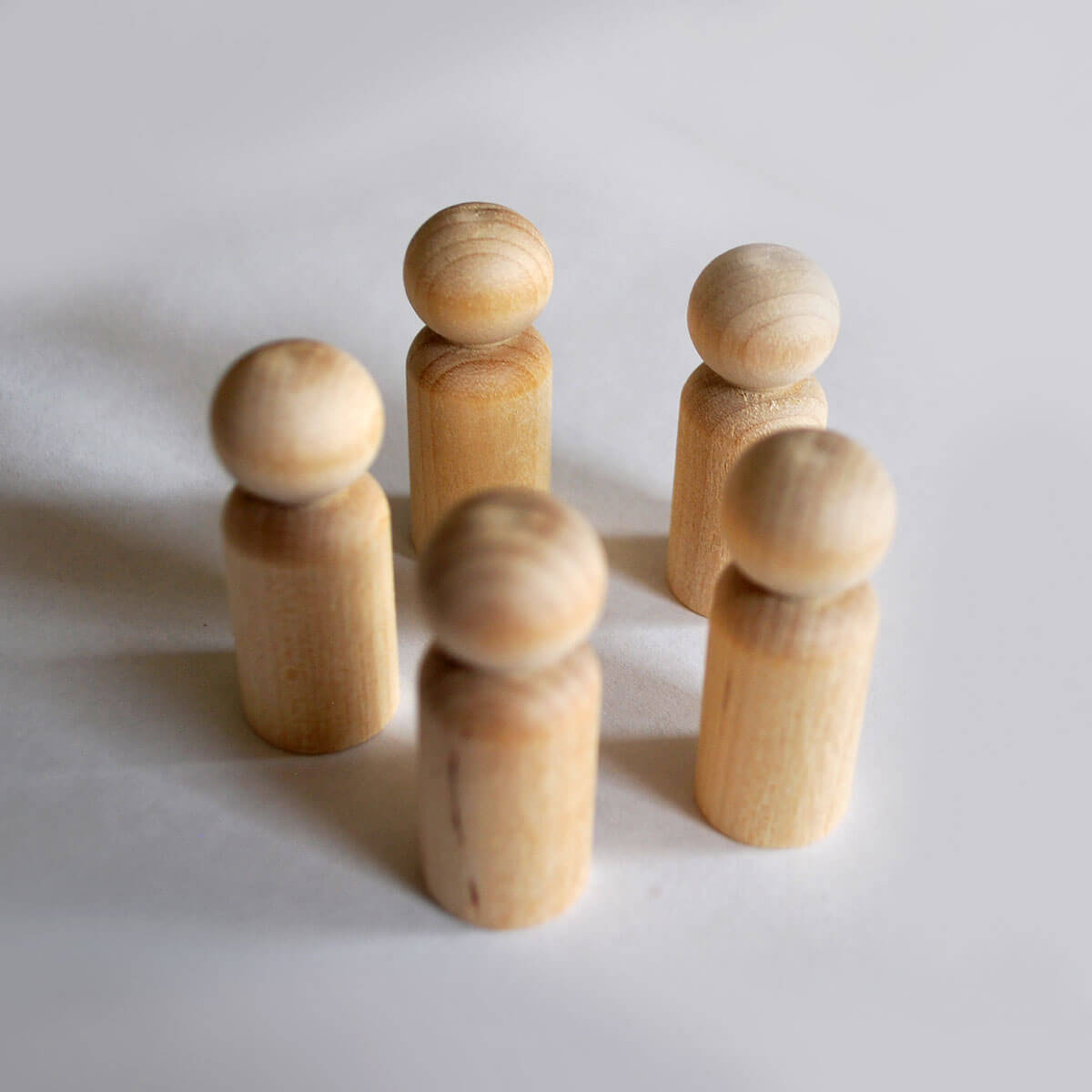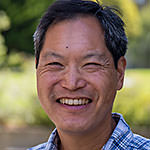
Theologian Amos Yong remarked that African Americans have a theology of liberation, and Latinx have a theology of the borderlands. He suggested that Asian Americans have a theology of exile, because of our status as forever foreigners wherever we are. The excerpt* below, from my memoir “At Home in Exile”, shares how this theology of exile informs my approach toward social justice. After living for a decade with a Cambodian American community, I reflect on our urban ministry efforts with an exilic lens, which contrasts greatly with white American evangelical perspectives.
• • •
The Oak Park housing lawsuit is bittersweet to me. Oak Park is where I lived for a decade. When Oak Park was rebuilt and tenants moved into their new homes, it seemed like we had a happy ending, where God’s goodness and justice prevailed. Today, a decade later, I feel like I’ve lost a community that gave me so much joy, meaning, and friendship. It’s much cleaner and healthier, but the neighborly closeness we once shared has dissipated, now just a nostalgic memory. I once again feel like a Chinese Hakka, a guest person in exile away from home and community. Was justice won?
This question haunts me. As an American Christian, I expect — and even feel entitled — to justice and happy endings. Some of us are optimistic and hopeful that we can effect social change. Christians who aim for the flourishing of our cities suggest that we use our power and privilege to transform communities. As Andy Crouch writes, “The institutions of our time will be changed not by impersonal institutional forces; they will be changed by trustees, the image bearers who face their institutions’ failings, forgive them, and lead toward a better way.” We Christians at Oak Park did try to use all the resources at our disposal — including our political connections, media strategies, and legal institutions — to renew our neighborhood. We earnestly prayed to be an effective witness of God’s good news. And yet, our efforts could be seen as less-than-successful.

Other Christians are much less sanguine and argue that we should not have expected to transform the world. Instead, we could only seek to be faithful, countercultural colonies who are prophetic challenges to the world’s powers that be, as Stanley Hauerwas advises: “We argue that the political task of the church is to be the church rather than to transform the world.”** If that is so, then I could easily lapse into apathy about broad, societal concerns, since the Church seems so irrelevant and I can only impact a small few.
Between these two extreme American Christian responses — that we should aim to be triumphal and powerful, or we should merely seek to be faithful and countercultural — the prophet Jeremiah and my refugee neighbors have offered me a balanced, Asian exilic perspective on justice. Their insights about seeking shalom while in exile are especially pertinent for the American church today, as it declines in cultural influence, political power, and sheer numbers.
The exiles longed for shalom and rest, and Jeremiah’s letter instructs them how they should live in a foreign, hostile land:
Build houses and settle down; plant gardens and eat what they produce. Marry and have sons and daughters; find wives for your sons and give your daughters in marriage, so that they, too, may have sons and daughters. Increase in number there; do not decrease. Also, seek the peace and prosperity of the city to which I have carried you into exile. Pray to the Lord for it, because if it prospers, you, too, will prosper. (Jeremiah 29:5-7)
Jeremiah’s instructions are surprising, because the exiles longed to return to their homeland, where they could better control their destinies. Instead, the prophet said to seek the prosperity of their enemies — in the very place of their desolation and trauma.
First, Jeremiah informs us to invest in the places of our exile. Settling down is a way of doing justice and seeking peace, because it requires an investment in relationships. Bech Chuom, a Khmer native healer, exemplified how God’s shalom involves a relational practice of right relations with others.
When almost 200 of my neighbors joined the lawsuit against our landlord, most of the younger people did so in order to protect their rights. Some of the others signed on because they trusted the leadership of the tenants association. Bech Chuom, however, gave an unusual reason to participate. “I joined the lawsuit because I felt sorry for you!” he told me through a translator. “I saw you knocking on everyone’s doors, so then I wanted to help you.”
This grandfather saw that we Christians had been acting as a family by taking corporate responsibility for the entire community and organizing to improve our conditions. He simply wanted to reciprocate and support me, because I was like his family.
Settling down, building family ties, and taking on mutual responsibility for one another is the first step to doing God’s justice. Righteousness, and then peace, emerge when we are rooted and invested in each others’ lives and take responsibility for each other. In the United States, we tend to believe that justice is an individual right that we need to defend. For Bech Chuom, justice required assuming one’s corporate responsibility: We are obligated to take care of one another and reciprocate that care that we have received. In this sense, injustice occurs when we do not take care of one another, whether on an individual or systemic level.
When we take care of each other as family, then God’s shalom is present.
Second, Jeremiah calls on the exiles to seek and work for the shalom of the city. This shalom — the peace and prosperity — takes an active participation and commitment. Our lowest point in our three-year lawsuit was when Oak Park was condemned as uninhabitable. When I asked him how he felt when we thought we would lose our homes, Bech Chuom just joked, “I didn’t worry. I would just go move into a big home with you!” In the face of oppression and immigrant exploitation, he took a step of faith and trust to simply join with his community.

I would argue that doing justice as powerless exiles is like this: It’s an act of trust and obedience to God’s commands. We do not know if we will be successful in winning justice; after all, those Jewish exiles would never see their homeland again. At the same time, we do not have to be resigned to being ineffective and weak in this fallen world.
As Isaiah described God’s kingdom of justice, “The fruit of righteousness will be peace; the effect of righteousness will be quietness and confidence forever” (Isaiah 32:17–18). Similarly, Jesus promised that if we abide and remain in his love, we will bear much fruit, whether that fruit is love, new members in his Kingdom, or justice. We need to have a trust and compliance like Bech Chuom in order to follow God’s will for shalom. We merely work for peace by having right relations, and it is up to God to bear the fruit.
This hope for God’s fruit of peace encourages us to work for justice, while freeing us from the need to save the world. In doing justice, I don’t hope to be successful. I am not resigned to just being faithful. I aim to abide in Jesus, and to be fruitful.
Lastly, Jeremiah calls on the exiles to pray for the city of Babylon. Prayer itself is an act of peace and justice. While Americans often think that justice needs to be achieved with power and activism, exiles know of their true citizenship, and acknowledge the primary source of change.
What could be more justice-seeking than to plead for mercy before God, whom James calls the only Lawgiver and Judge? Like the persistent widow who goes to the judge’s door at night for bread, we must go to our good father, who will grant us good things. Jesus himself taught us to pray daily, “your kingdom come, your will be done, on earth as it is in heaven” (Matthew 6:1).
On more than one occasion, my great-grandmother had to go to court in order to protect her livelihood, as well as her home. We at Oak Park also had to argue our case before judges to gain a settlement. At the end, we were at the mercy of our judge.
Prayers made for peace and prosperity are similar; the cries of the oppressed and exploited are our pleas before the high court of heaven. Our only hope for shalom is from God.
As exiles, we American Christians need to recognize how we are foreigners and strangers in this world, as the author of Hebrew exhorts (Hebrews 11:14-16). While looking for a better country of our own, we must act like Hall Gock-Tie, my Hakka great-grandmother, and Bech Chuom, my refugee neighbor. We must act like family to one another in taking corporate responsibility for the greater good. And ultimately, we must seek the favor of the High Judge of Heaven and pray like the psalmist: “Awake, my God; decree justice!” (Psalms 7:6).
* Excerpt reprinted from Russell Jeung, At Home in Exile: Finding Jesus Among My Ancestors and Refugee Neighbors, (Grand Rapids, MI: Zondervan, 2016).
** Hauerwaus and Willimon, p. 38.

Russell Jeung is the author of “At Home in Exile: Finding Jesus Among My Ancestors and Refugee Neighbors” (Zondervan 2016), in which he recounts his family’s six generations in California, how they reflect the racialized history of Asians in the U.S., and how he has come to terms with his own Asian American Christian identity. He founded Stop AAPI Hate with Chinese for Affirmative Action and the Asian Pacific Policy and Planning Council to counter surging Covid-19 racism.
